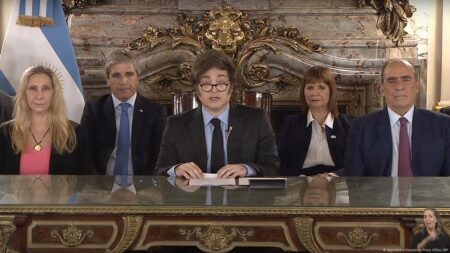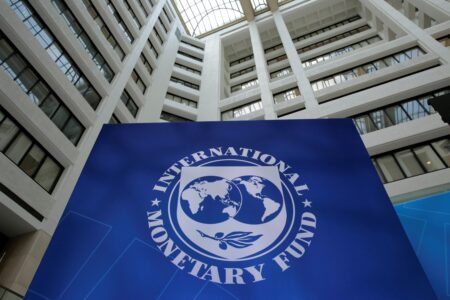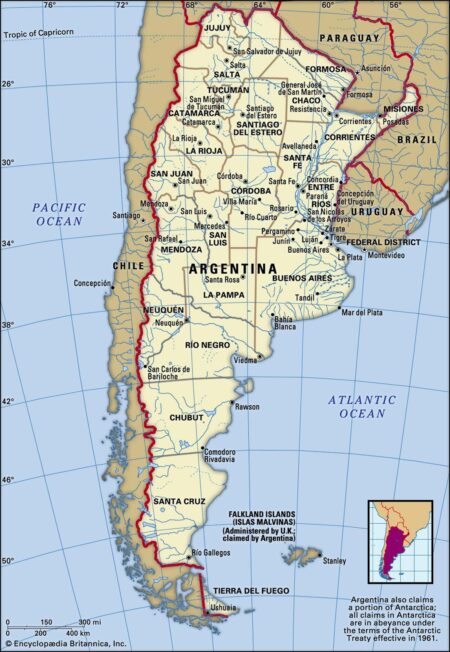In a daring shift, Argentine President Javier Milei’s revolutionary economic reforms, often described as a “chainsaw,” are making waves as inflation takes a nosedive and investments flourish. While critics voice their apprehensions, supporters passionately contend that it’s high time for bold measures to revitalize the faltering economy.
Browsing: austerity measures
Argentina’s recent bailout, orchestrated with the help of the IMF, highlights the significant role that political connections play in shaping economic choices. With Trump’s allies applying pressure, the burden of compliance could weigh heavily on everyday Argentinians, sparking crucial discussions about accountability and national sovereignty.
The International Monetary Fund (IMF) has confirmed a preliminary agreement with Argentina for a $20 billion loan aimed at stabilizing the country’s economy. This funding is expected to bolster Argentina’s financial situation amid ongoing challenges.
Argentina has secured a $20 billion deal with the International Monetary Fund (IMF) to support President Javier Milei’s ambitious economic reforms. The agreement aims to stabilize the nation’s economy amid ongoing inflation and fiscal challenges.
In Argentina, retirees and soccer fans clashed with police during protests against austerity measures aimed at addressing the economic crisis. Demonstrators expressed frustration over cuts to pensions and social services, leading to violent confrontations.
The UK government’s recent estimates indicate that proposed welfare cuts could push an additional 250,000 individuals into poverty. Critics are raising concerns about the potential impact on vulnerable populations across the nation.
UK Shadow Chancellor Rachel Reeves is poised to announce £2 billion in civil service spending cuts as part of the Labour Party’s economic strategy. The move aims to streamline government operations and address budget deficits amid rising public demand for fiscal accountability.







